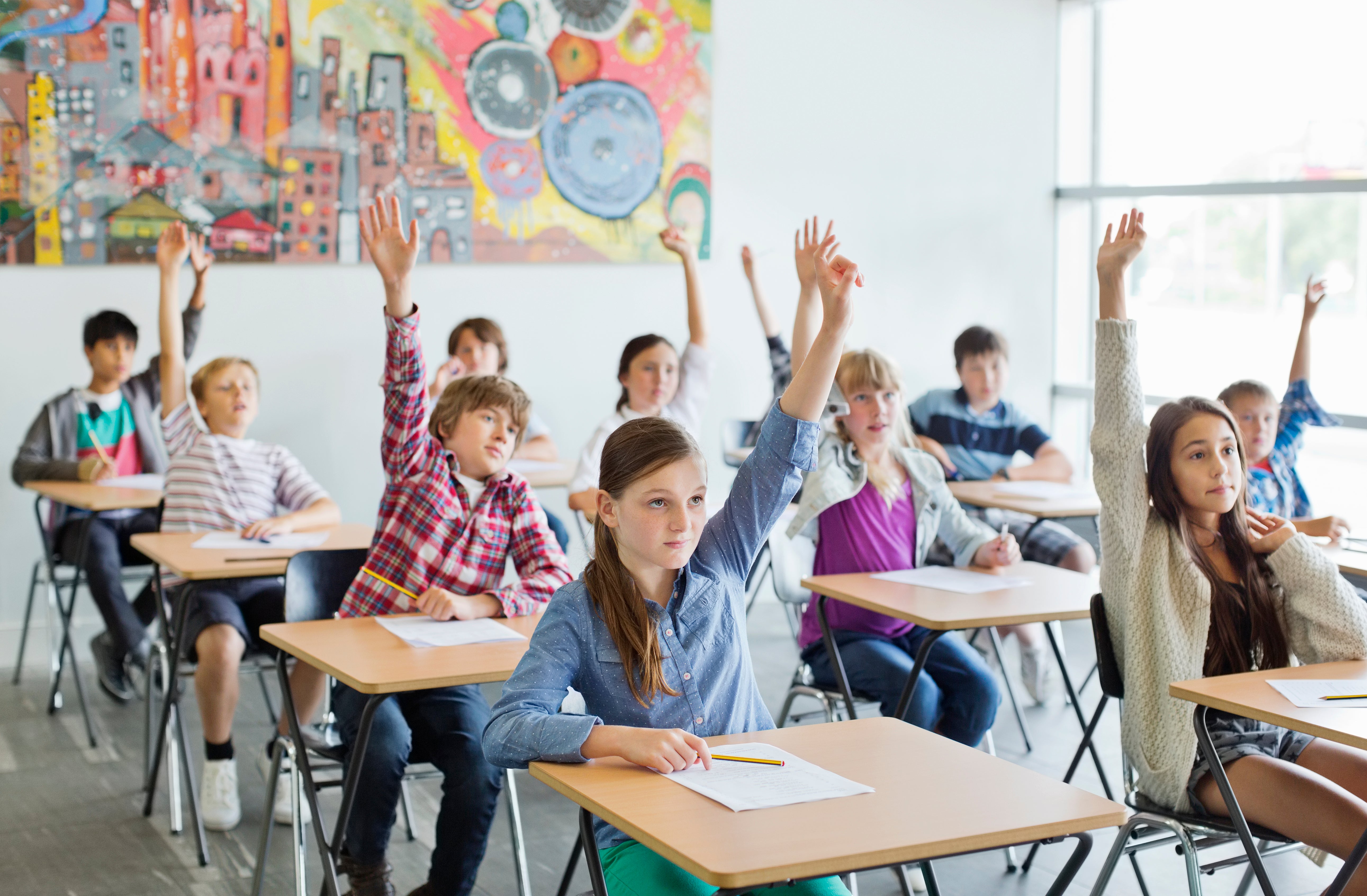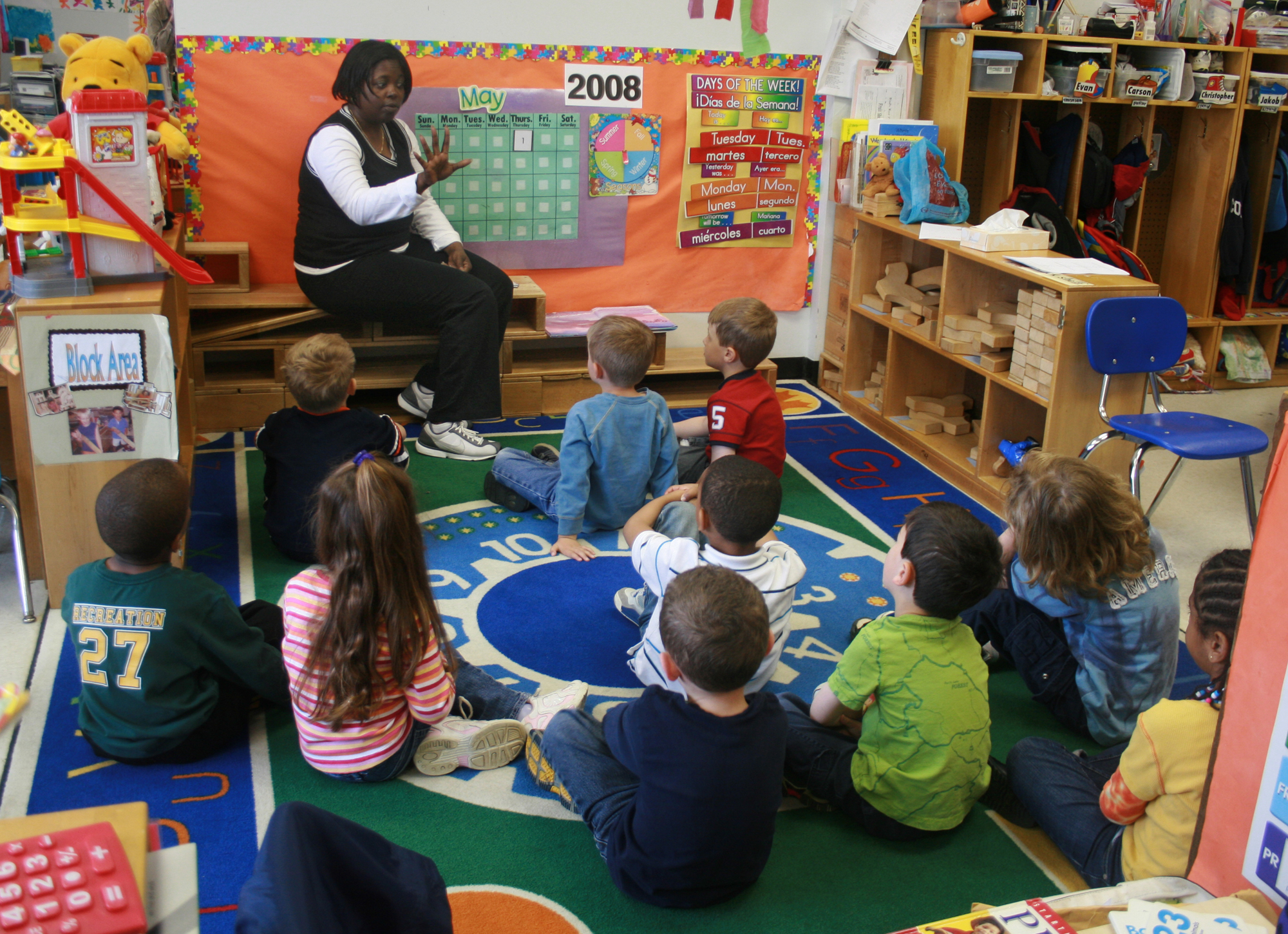Discover the Benefits of Advocacy: Save Temecula Schools
Discover the Benefits of Advocacy: Save Temecula Schools
Blog Article
Recognizing the Importance of Institutions in Kid Growth and Neighborhood Development
Schools' engagement with local areas via service-learning initiatives reinforces the bond in between households and academic institutions. This symbiotic connection underscores the significance of institutions in supporting active citizenship and long-lasting knowing routines.
Academic Accomplishment
Academic achievement acts as a keystone of youngster development, supplying the structure whereupon future knowing and success are constructed. Colleges play a critical duty in cultivating this scholastic growth, using structured atmospheres where youngsters can obtain essential knowledge and cognitive abilities. Standardized curricula make certain that pupils gain effectiveness in core topics such as maths, scientific research, and language arts, which are vital for both college and professional possibilities.
In enhancement to giving fundamental scholastic skills, institutions likewise cultivate important thinking, analytical capabilities, and intellectual interest. These cognitive proficiencies are crucial for browsing intricate real-world situations and adapting to the ever-evolving demands of the modern office. Teachers, as facilitators of discovering, employ diverse instructional approaches to satisfy different learning designs, therefore making best use of individual student potential.
Moreover, academic success is carefully linked to self-esteem and inspiration. Children who experience academic accomplishments are more likely to create a positive self-concept and a lifelong enthusiasm for learning. Schools likewise supply different sources, such as collections and modern technology, which even more enhance the academic experience and prepare pupils for a technically innovative culture.
Social Skill Development
Beyond academic achievement, the function of colleges in social ability advancement is vital. Schools act as a primary location for kids to discover and exercise crucial social skills such as cooperation, dispute, and communication resolution. In the organized atmosphere of a class, trainees connect with peers, instructors, and other institution team, using numerous chances to develop these essential abilities.
Efficient social skill advancement in colleges is promoted via team tasks, collective jobs, and extracurricular programs. These interactions assist trainees recognize social norms, build empathy, and promote a sense of neighborhood. As an example, team assignments educate pupils exactly how to collaborate towards a typical goal, listen to different point of views, and navigate arguments constructively.

The cultivation of social abilities throughout academic year lays a foundation for future individual and professional relationships. Save Temecula Schools. As pupils grow, the capacity to efficiently collaborate and connect becomes increasingly essential, underscoring the institution's essential duty in alternative kid advancement
Direct Exposure to Variety
Exposure to diversity in institutions is fundamental to cultivating an inclusive way of thinking and expanding trainees' viewpoints. Schools function as a microcosm of the more comprehensive culture, and experiencing varied societies, languages, and socioeconomic backgrounds within this environment gears up students with necessary skills for navigating a progressively globalized globe. This exposure motivates empathy, decreases bias, and promotes common regard among peers.
Varied classrooms likewise enhance cognitive and social development. Research study suggests that pupils who connect with peers from diverse histories display far better analytical abilities and imagination. They discover to appreciate various perspectives, which enriches classroom discussions and promotes a much more dynamic learning experience. Furthermore, this understanding of diversity prepares students for future workplaces that worth multicultural competence.

Community Involvement
The benefits of diverse class extend past the institution walls, cultivating a strong feeling of neighborhood interaction amongst pupils. By connecting with peers from various cultural, socioeconomic, and ethnic backgrounds, trainees obtain a broader viewpoint and an appreciation for diversity. This exposure encourages them to end up being active residents who want to contribute positively to their areas.
Institutions that emphasize neighborhood engagement typically include service-learning jobs, which enable trainees to deal with real-world issues while applying scholastic abilities. These jobs not just boost students' understanding of their coursework yet also infuse a sense of responsibility and empathy. Partnerships in between colleges and local organizations provide pupils go to this website with chances to take part in area occasions, additionally strengthening their function as proactive area participants - Save Temecula Schools.
In addition, adult and neighborhood involvement in colleges enhances the bond between educational organizations and the areas they serve. Through these efforts, schools play a critical duty in supporting area interaction and fostering social development.
Lifelong Knowing Practices
Establishing long-lasting knowing behaviors is necessary for a child's constant development and adaptability in an ever-changing globe. Institutions play a critical role in instilling these practices by producing a setting that cultivates interest, critical thinking, and a love for knowledge. Through extracurricular activities and varied educational programs, teachers urge trainees to explore various subjects, examine details critically, and apply their learning to real-world scenarios.
Furthermore, colleges offer an organized atmosphere where youngsters can establish self-discipline and time management abilities, both of which are crucial for continual knowing. By emphasizing the importance of setting goals, assessing progress, and adjusting techniques, schools prepare trainees to navigate the intricacies of grown-up life, guaranteeing they stay long-lasting students and contributors to society.
Final Thought
Finally, colleges are essential in cultivating youngster growth and neighborhood growth by providing settings for academic achievement, social skill growth, and exposure to diversity. Through collaborative projects and interactions, institutions enhance essential thinking, empathy, and interaction abilities. Community engagement initiatives even more enhance the bond in between instructional organizations and neighborhood neighborhoods. Ultimately, schools grow lifelong understanding routines, outfitting individuals with the necessary expertise and abilities to add favorably to society.
In the structured setting of a class, trainees interact with peers, educators, and various other institution team, using countless possibilities to develop these vital abilities.
In significance, exposure to variety within colleges not just enriches private trainees yet additionally reinforces the social material of the neighborhood as a whole.
The advantages of diverse classrooms extend beyond the college walls, promoting a solid sense of neighborhood interaction amongst pupils.Institutions that stress neighborhood anchor involvement often incorporate service-learning jobs, which permit pupils to address real-world troubles while using scholastic skills. Collaborations between schools and neighborhood organizations supply trainees with opportunities to participate in community occasions, further strengthening their role as aggressive area participants.
Report this page